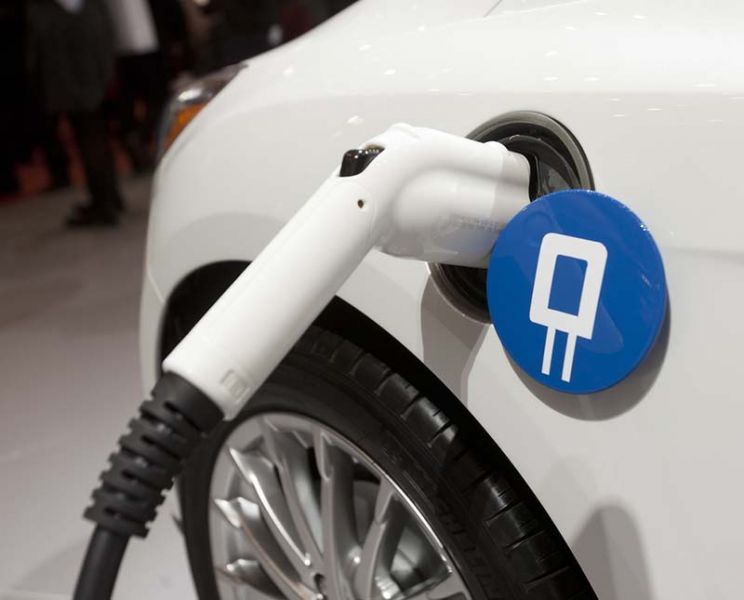Will the electric car bonus become structural?

The Ministry of Economic Development towards a structural transformation of the Ecobonus for the purchase of low-emission vehicles. The measure should find space in the budget law. Here are facts, assumptions and comments
The Deputy Minister of Economic Development Gilberto Pichetto announced yesterday, during a meeting with the stakeholders of the automotive sector, that his ministry, the MiSE, "is evaluating the most favorable solutions in relation to the Ecobonus, without therefore the need for a refinancing as consequence of the exhaustion of the allocated resources ". The Ecobonus is the measure developed by the Ministry of Economic Development for the offer of contributions to the purchase of low-emission vehicles, such as electric cars or plug-in hybrids.
As Il Giornale explains, Pichetto is in fact referring to the introduction of structural incentives, as requested by the trade associations.
WHAT PICHETTO SAID ABOUT SUSTAINABLE MOBILITY
Pichetto said that "the green transition of mobility", ie the transition from vehicles with internal combustion engines to electric ones, "in itself sustainable from an environmental point of view: it must also be sustainable from an industrial, infrastructural and social point of view". He was referring to the need to promote a smooth transition, which does not have negative and structural impacts on industrial capacities, supply chains and employment.
In the Fit for 55 package, the one containing the measures to reduce greenhouse gas emissions by 55 percent by 2030, the European Union has included a ban on the sale of new petrol or diesel cars after 2035.
STRUCTURAL ECOBONUS IN THE BUDGET LAW?
The Gazzetta Motori states that the transformation of the Ecobonus into a structural measure, without the need for its annual refinancing, could be included in the budget law. Tomorrow the Council of Ministers will meet to approve the draft budgetary plan; on 20 October, next Wednesday, the text will be sent to Parliament.
THE COMMENT OF MOTUS-E
Motus-E, the Italian association that promotes the transition to electric mobility, said it welcomes "the government's intention to allocate new funds to incentivize the electric car, but Motus-E asks that resources, as well as made structural, to avoid blocking the market, are also better distributed during the year ".
Francesco Naso, general secretary of Motus-E, explains that “the Ecobonus funds for electric cars, in this 2021, were already exhausted in September. And now, without new and immediate funds, the risk is that the battery car market will collapse in the last months of the year; with the registrations of BEV [battery electric cars] and PHEV [plug-in hybrid cars], in October and November 2021, which could drop below 5,000 units ”.
"Having decided on the funds for the next few years", concludes Naso, "it would be better to distribute the resources of the incentives, with the aim of accompanying the market growth of pure electric vehicles, which may even exceed 15% of total registrations, and allow producers to plan production adequately, in a period of great uncertainty due to the intermittent supply of raw materials and components ".
HOW ELECTRIC CARS DO IN ITALY
In August, the market share of electric cars in Italy was 9.9 percent. The best-selling “pure” electric models are the Fiat 500e, the Smart fortwo and the Renault Twingo; in fourth place is Tesla's Model 3.
From the point of view of geographical distribution, sales of electric cars in Italy are concentrated in the regions of the North-East (36 per cent) and the North-West (29 per cent). Central Italy is at 26 per cent, while the South and the islands are far behind (10 per cent).
This is a machine translation from Italian language of a post published on Start Magazine at the URL https://www.startmag.it/smartcity/ecobonus-auto-elettriche-legge-di-bilancio/ on Thu, 14 Oct 2021 13:35:20 +0000.
